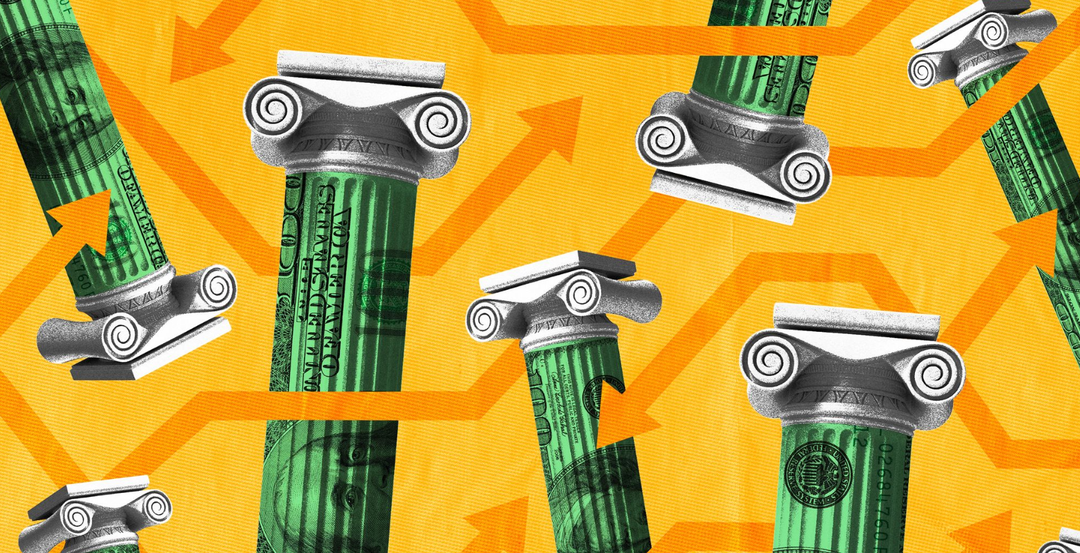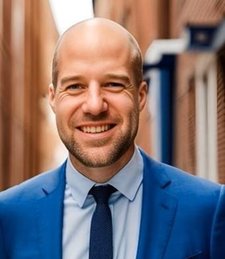
By Oyin Adedoyin
March 20, 2024
It’s getting more complicated to hold cash.
Certificates of deposit, money-market funds and various other cashlike investments have offered healthy returns, in many cases over 5%, since the Federal Reserve started lifting interest rates two years ago.
But with the central bank now considering cutting rates, some cashlike investments are staying strong while others have begun to decline in yield.

ILLUSTRATION: RACHEL MENDELSON/THE WALL STREET JOURNAL; ISTOCK (2)
CDs show the shift under way. Last year it was easy to lock in a 5% rate for 12 months or longer.
Now the top rates are shorter-term offers. Three-month CDs pay as much as 5.5% annually. CDs that stretch out two years, however, offer under 5%, down from about 5.5% late last year, according to Bankrate data that tracks the highest rates financial institutions are offering.
About 70% of high-rate CDs opened in February lasted less than a year, said Adam Stockton, managing director at the data and consulting firm Curinos.
“Most consumers look at the rate first and the term second,” Stockton said. But the term will be more important, particularly if the central bank cuts rates later this year, he said.
Not all cash is equal
Americans have been focusing more closely on where they stow their cash since the Fed hiked its interest rates starting in early 2022. At the time, stocks and bonds fell sharply. Cash products started offering loftier interest after years of paying next to nothing.
When regional banks failed last year, more money poured into money-market funds, which now have a record $6.5 trillion in assets. The average rate on these funds peaked at 5.2% in December and is now 5.14%, according to Crane Data.
It’s unclear when the Fed will cut rates or how many cuts will happen this year. Though central bankers have penciled in three, they could revise those plans if inflation remains high. Inflation in February was slightly stronger than expected.
For the moment, returns on cash remain high. Sixty percent of all CDs that consumers purchased in February were yielding above 5%, and nearly all stood above 4.5%, according to Curinos.
In addition to changing tactics with cash, some investors are also moving money elsewhere. The stock market has lured people in, with the S&P 500 rising 32% over the past year.
Ashlea Jones, a financial adviser at Kansas-based Prime Capital Investment Advisors, said that a few of her clients recently moved money back into the stock market after their CDs matured.
Dafina Smith, a 45-year-old business owner in Connecticut, bought a three-month CD last year at a 3.75% rate. Then she got a 10-month CD at 5.2%. After that, Smith built a ladder out of a half-dozen six-month Treasury bills.
But in February, Smith changed tactics. She slowly began putting the money from maturing cash products back into the stock market.
“I enjoyed catching my breath with something really boring and safe,” she said. But keeping up with the varying maturities started to take its toll. “It hit a point where it was a little ridiculous,” she said.
Changes for savers
When the Fed does cut rates, high-yield savings rates could fall first since they change monthly, followed by Treasury bills and CDs that are bought over periods of time, according to financial advisers.
As a result, investors have a new set of considerations.
For example, if interest rates fall this year, someone who buys a one-year CD today at 5% or above might end up gaining more in interest than someone who locks in a higher rate for only six months, Stockton said.
(That assumes that the CD isn’t callable. A callable CD can be closed by the issuer before it matures.)
Retirees or future home buyers looking to boost their down payment might find that a two-year CD that returns only 4.5% is still worth it. That is still a predictable stream of income on money they don’t need immediately, said Heather Welsh, senior vice president of wealth planning at Sequoia Financial, based in Ohio.
Write to Oyin Adedoyin at oyin.adedoyin@wsj.com
Dow Jones & Company, Inc.



